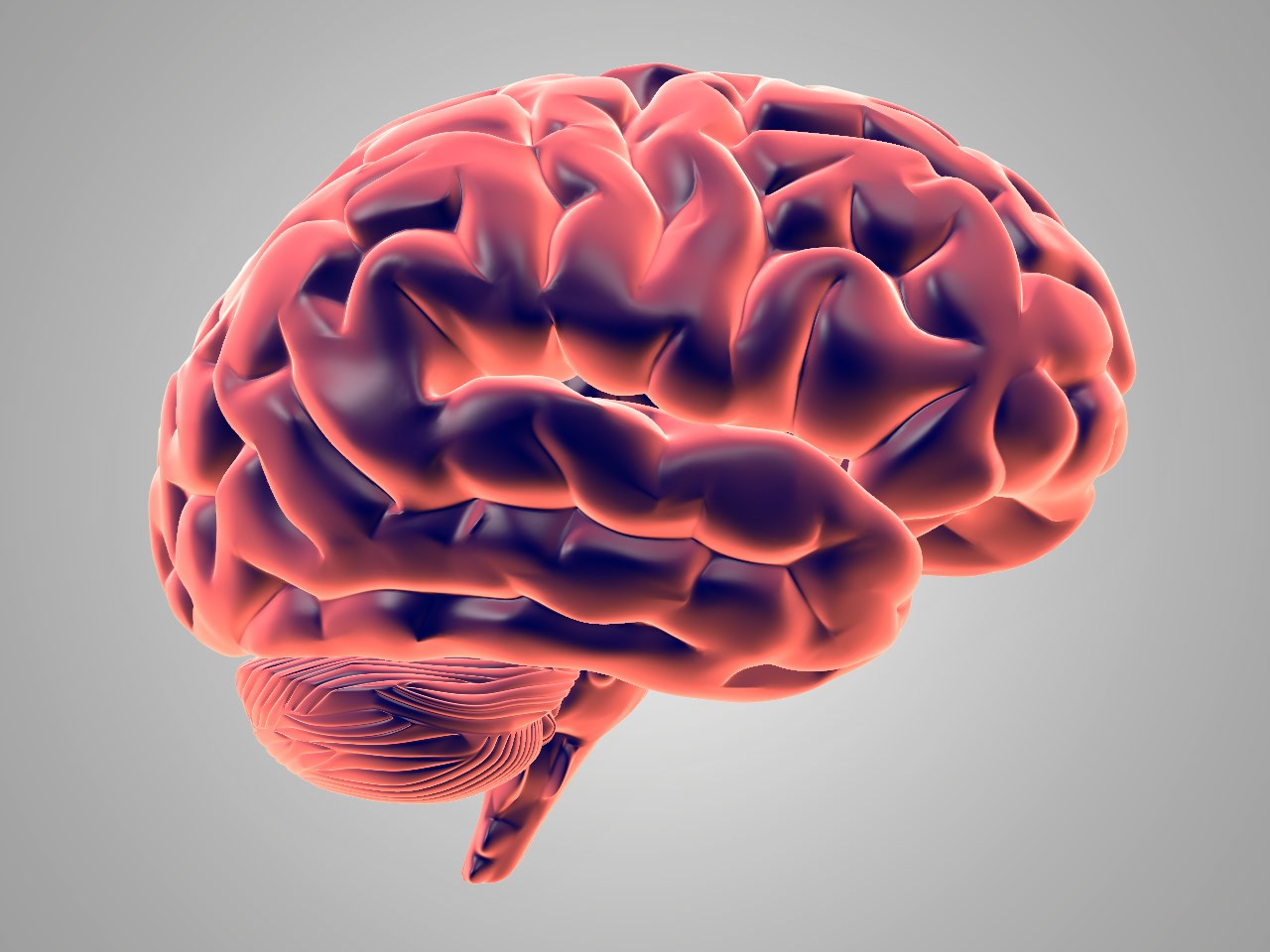The lab is available to researchers 24/7, uses real human neurons and uses the Python programming language, creating a “dream bridge between biology and data scientists,” according to Jordan.
After accessing the provided login/password, researchers gain the ability to remotely send electrical signals to neurons and receive their responses. It is then the responsibility of researchers to devise optimal algorithms for controlling the behavior of the organoids.
Users can mimic memory function by using periodic electrical stimulation to reinforce synapses through repetition, thus making desired pathways stronger.
Researchers do this by training the organoids through a reward system. The organoids are rewarded with dopamine, the neurotransmitter responsible for pleasure (and addiction).
Meanwhile, as “punishment,” the organoids are exposed to chaotic stimuli, such as irregular electrical activity.
A live view of the biochips working in real-time can be found at www.finalspark.com/live.
Still think it's kinda neat, but with clearly disturbing implications.



A bit unrelated but once there was an experiment to engineer pigs with some human organs for transplants and they shut it down because they couldn't guarantee a pig wouldn't develop a human brain.
Oh no, I hope they don't develop fingers and find a stash of assault rifles i forgot nearby